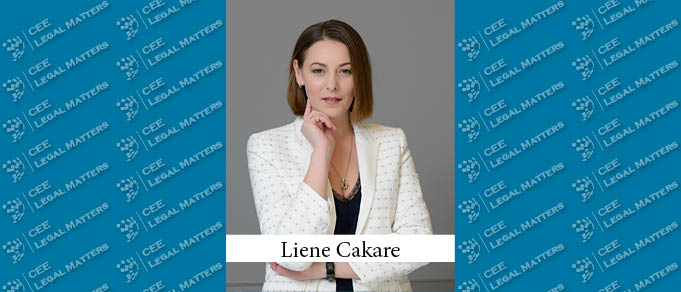Green Public Procurement (GPP) is a process whereby public authorities seek to procure goods, services, and works with a reduced environmental impact throughout their life cycle, to achieve environmental policy goals relating to climate change, sustainable consumption, etc., ensuring that tenderers abide with a minimum level of compliance with environmental legislation.
The field of public procurement (PP) is one of the most important sectors of the single market, as government expenditure is around 15% of the Latvian GDP and PP opens public markets and increases competition between private parties. As a result, PP is highly linked to competition law.
GPP differs from ordinary procurement with a needs assessment, resulting in reduced sizes of procurements and savings for the budget, with a life-cycle cost analysis. That is why one fundamental principle of GPP is the creation of reasonable requirements to obtain not only a mandatory result but also an additional determined desired result by choosing the most economically advantageous tender. Therefore, there is an urgent need to create rational criteria of green requirements, based on specific circumstances and/or priorities of the institutions developing them, as the strict introduction of broad green requirements beyond institutions’ possibilities can distort the competitiveness of the market.
EU legislation provides mandatory requirements for the procurement of specific goods and services, hence the GPP action plans of EU member states also include changes reflecting the specific circumstances or priorities of the institutions developing them. Still, Latvia has taken over only seven mandatory GPP standards, although the EU proposes way more. As a result, the use of GPP in the country is very low – in only 15% of instances.
The reasons why procurement specialists in Latvia rarely include environmentally friendly criteria in PPs are their lack of knowledge and experience to establish specific requirements and identify problems. Besides, in Latvia, the culture is dominated by a conservative predisposition and there is low awareness of the benefits of environmentally friendly products and services. As a result, the government must work carefully and gradually on the implementation of criteria for action plans drawn up for a particular product, as it may distort equivalent competition of companies in GPP. Therefore, there is a need for safeguards.
Firstly, it is necessary to ensure that the technical specifications relate to the requirements of the work, supply, or service being purchased instead of the general capacities or qualities of the operator, to prohibit unjustified obstacles to competition. The procurement directives do not allow for insistence upon a production process that is only available to one supplier – or to suppliers in one country or region.
Secondly, it is necessary to ensure that a functional specification describes the desired result and outputs expected. The tenderer is free to propose the most appropriate solution which meets the certain minimum requirements identified.
Thirdly, it is necessary to ensure that predetermined award criteria allow deciding which tender is the best – and must never confer an unrestricted freedom of choice on contracting authorities – to provide an objective basis for distinguishing between tenders and be specific to ensure effective competition.
In 2020, Latvia registered a failure of tenderers to meet 45% of requirements, which significantly reduces the competition and increases the purchase price. Consequently, so that the introduction of extensive green requirements does not distort the competitiveness of the market, it is useful to have knowledge of that market. But, in Latvia, wide-ranging market research has not been carried out.
The objective of competition law rules is to protect competition in the market and to assess anti-competitive effects and benefits made within this market. In the preparation phase, the Latvian government needs to analyze the demand and conduct a preliminary market consultation to avoid restricting competition and have more tenderers in the procedures to be conducted because of progressive greening.
GPP, viewed from a competition point of view, is legitimate until the general principles of non-discrimination, proportionality of requirements, equal treatment, and transparency have been violated. Consequently, to achieve a successful GPP, the Latvian government must ensure equal access to the tender by operators from all EU countries and from countries with equivalent rights; tender opportunities must ensure competition; and the procurement decision-making process must be transparent. At the same time, the government must speak publicly about the positive contribution of GPP, promote a new culture of work that would encourage innovative thinking, and organize wide-ranging market research to establish appropriate and proportionate requirements for tenderers prior to the GPP – so that the introduction of green criteria would happen gradually and would not distort a market that is not yet ready for the introduction of.
Liene Cakare, Partner, EY Law
This Article was originally published in Issue 9.7 of the CEE Legal Matters Magazine. If you would like to receive a hard copy of the magazine, you can subscribe here.
















